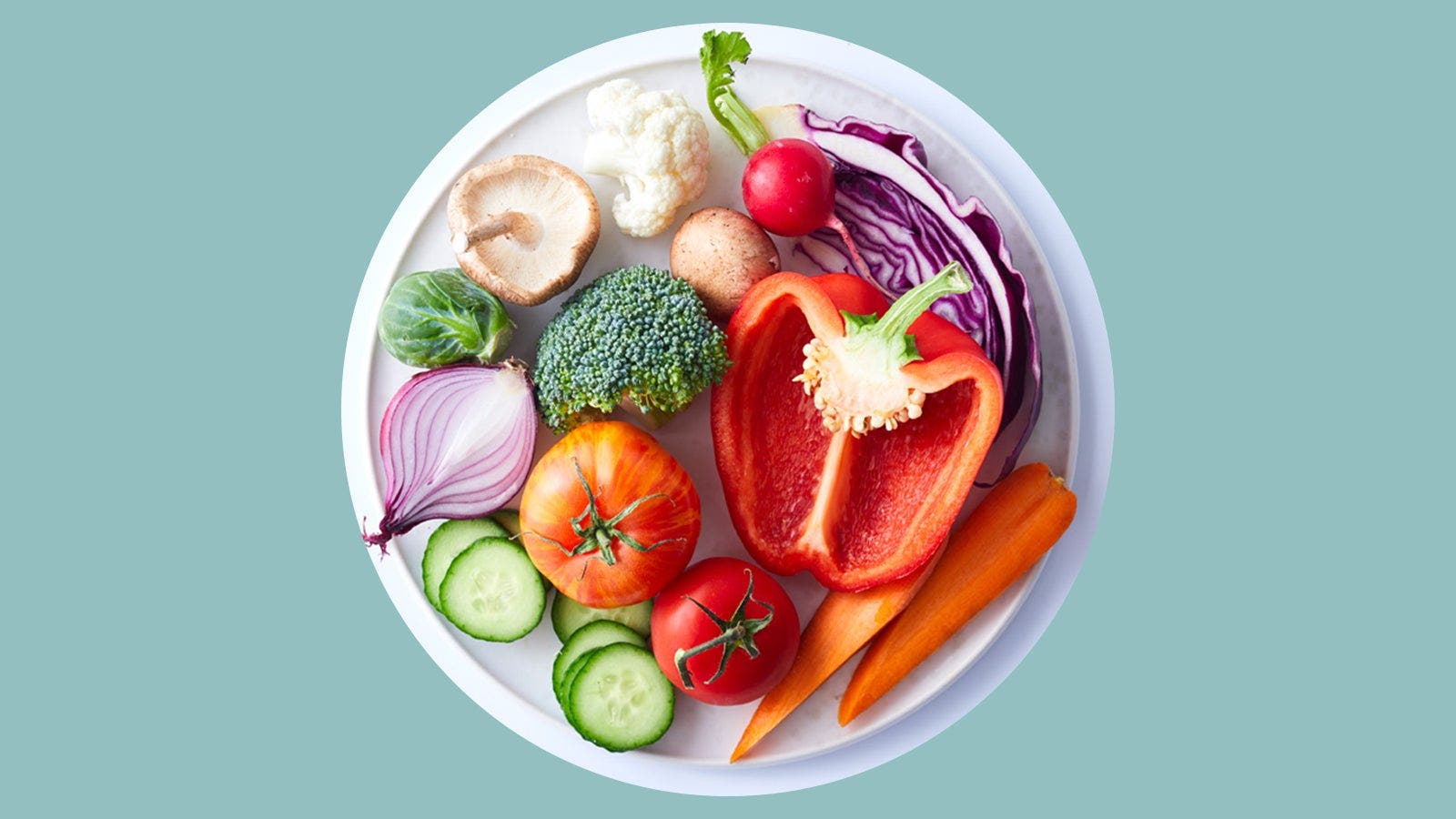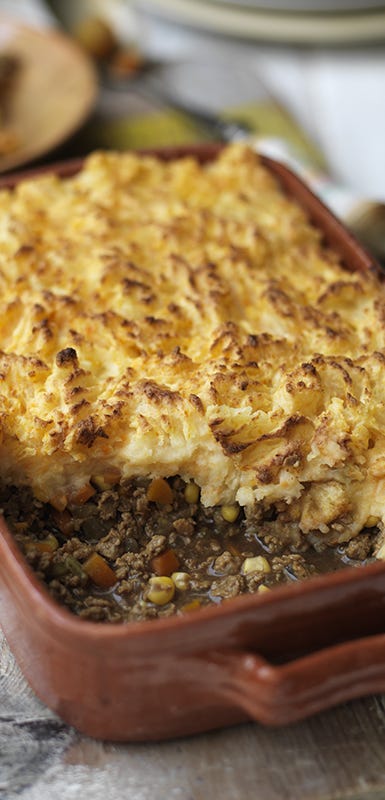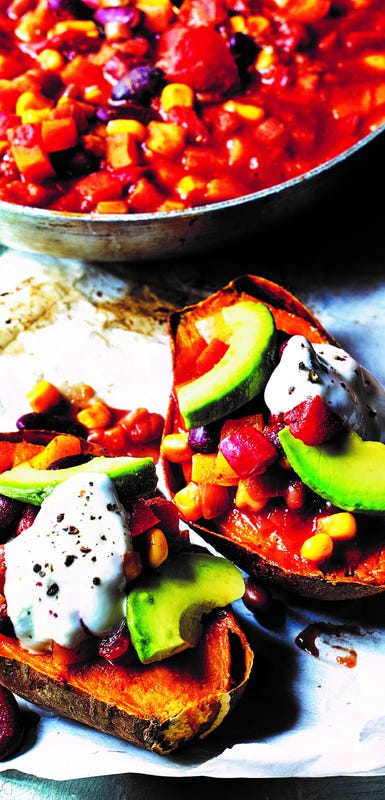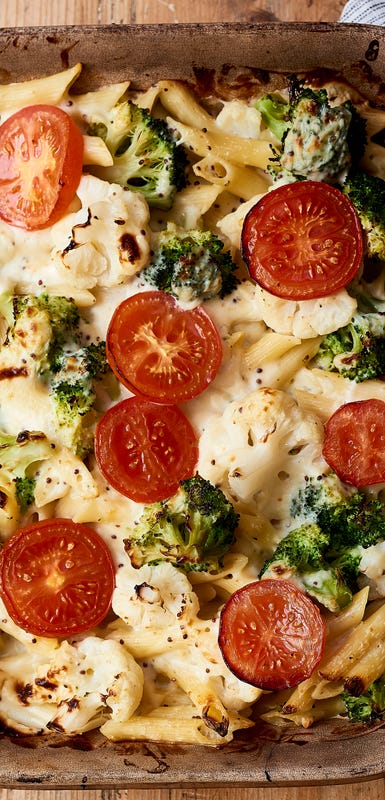ZeroPoint cheat sheet: Non-starchy vegetables


ZeroPoint® foods form the foundation of a healthy pattern of eating. They are nutritional powerhouses that you can reach for frequently and consistently, without weighing, measuring, or tracking them. They were specifically chosen because they are nutrient-, vitamin-, and mineral-packed. Because of that, they’re recommended by national and international guidelines (including the World Health Organization) to be consumed often as part of a healthy pattern of eating.
Every WeightWatchers member* gets the same list of 350+ ZeroPoint foods including: fruits*, veggies (non-starchy and starchy*), eggs, non-fat yogurt* and cottage cheese*, chicken & turkey, skinless, lean meats, fish & shellfish, oats*, legumes, tofu & tempeh, potatoes*, corn* and popcorn*
As nutrient-dense foods, non-starchy veggies are packed with vitamins and minerals, like the heart-healthy power duo of potassium and fibre, or skin-health-supporting vitamin A, or even dentist-favourite vitamin C, which contributes to healthy teeth and gums. Studies have found that these vitamins and minerals are often under consumed, so in our programme, we reward them in the interest of creating the healthy habit of reaching for them regularly. Non-starchy veggies are also typically high in water, low in fat, and a good source of fibre. This makes them both low in calories and filling, which can be helpful in managing weight.
While “zero” usually means “nothing,” at WW, ZeroPoint foods are everything! If you’ve got some questions about non-starchy veggies, you’re in the right place.
What counts as a “non-starchy vegetable”?
|
|
|
Do the veggies have to be fresh and/or raw?
Nope. They can be cooked or raw, fresh or frozen, or even canned (as long as there’s no added oil or sugar).
How do I track non-starchy veggies?
If you prepare your non-starchy veggies with ingredients that do have Points® values, you should track those ingredients. For example, if you dress a cup of salad greens with oil and vinegar, you should track the oil, but the Point will still be added to your Budget.
As you’re cultivating your new non-starchy veggie habit, one important point to remember: It’s the volume you ultimately eat, not the volume you start out with. For example, if you’re starting out with 8 cups of spinach (a notorious shrinker), you’ll probably wind up with 1 cup once it's sautéed, so you would track 1 cup. And, again, it’s OK to eyeball the amount.
*Members living with diabetes will have non-starchy veggies, eggs, fish & shellfish, chicken & turkey breast, tofu & tempeh, and beans, peas, & lentils on their ZeroPoint food list. These categories were carefully selected to consider the combination of carbohydrates, proteins, and fibre, and are less likely to impact blood sugar levels.
Headline Text
*Members living with diabetes will have non-starchy veggies, eggs, fish & shellfish, chicken & turkey, skinless, lean meats, tofu & tempeh, and beans, peas, & lentils on their ZeroPoint food list. These categories were carefully selected to consider the combination of carbohydrates, proteins, and fibre, and are less likely to impact blood sugar levels.





